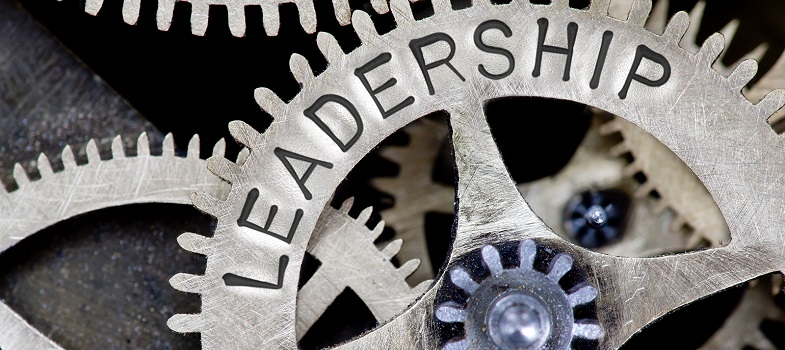Unit 4: Good governance and organisational oversight
4.3 Being aware of power and privilege
Boards could be made up of a similar demographic in terms of age, gender, ethnicity or even mindset.
Although this can provide much-needed stability, it could also mean that Boards are unable to move organisations forwards, particularly in a more volatile and increasingly diverse world.
There is also a risk that Board members are appointed for reasons other than their practical experience of how the international development and/or humanitarian sectors actually work on the ground.
For example, research indicates that in the UK, 75% of Board members of charities are from average household incomes of £100,000 (when the overall average household income in the UK is £30,000). Almost 71% of Board members are being recruited informally, and Chair and treasurer positions are almost always held by men. (Source: Charity Commission report: Charities should do more to promote diversity).
The European Commission is pushing forward with a law in the EU for at least 40% of the Boards of corporations to be made up of women, with the publication of a Gender Index (Source: European Women on Boards).
![]()
In February 2018, the Chair of the Board for Oxfam GB that she was sorry that the former Country Director for Haiti and others had misused their power and privilege against vulnerable women and children by sexually abusing them. Watch the video below to listen to her.
Unfortunately, that misuse of power and privilege still continues in organisations which have received huge sums of funding from the Northern Hemisphere or alternatively are based in the Northern Hemisphere.
In the recent International Development Committee Inquiry under the UK Parliament, Boards and senior management teams have been heavily criticised for not being aware of their own power and privilege.
“We must stop this patronising attitude of aid giants imposing aid programmes on beneficiaries and local groups without including them in the design. It only builds distrust and gives an ‘us and them’ picture to the people that the aid sector is meant to support, and also the abusers looking to exploit.”
(Source: Sarah Champion, Chair of the International Development Committee on the publication of the IDC report on SEAH, Jan 2021)
Some may even suffer from ‘white saviour syndrome’, which has been one of the factors that has prevented Boards from being effective.
Therefore, it is vitally important that Boards of international organisations are diverse and inclusive of people of colour, gender, sexuality, age, different abilities, and represent different regions of the globe.
